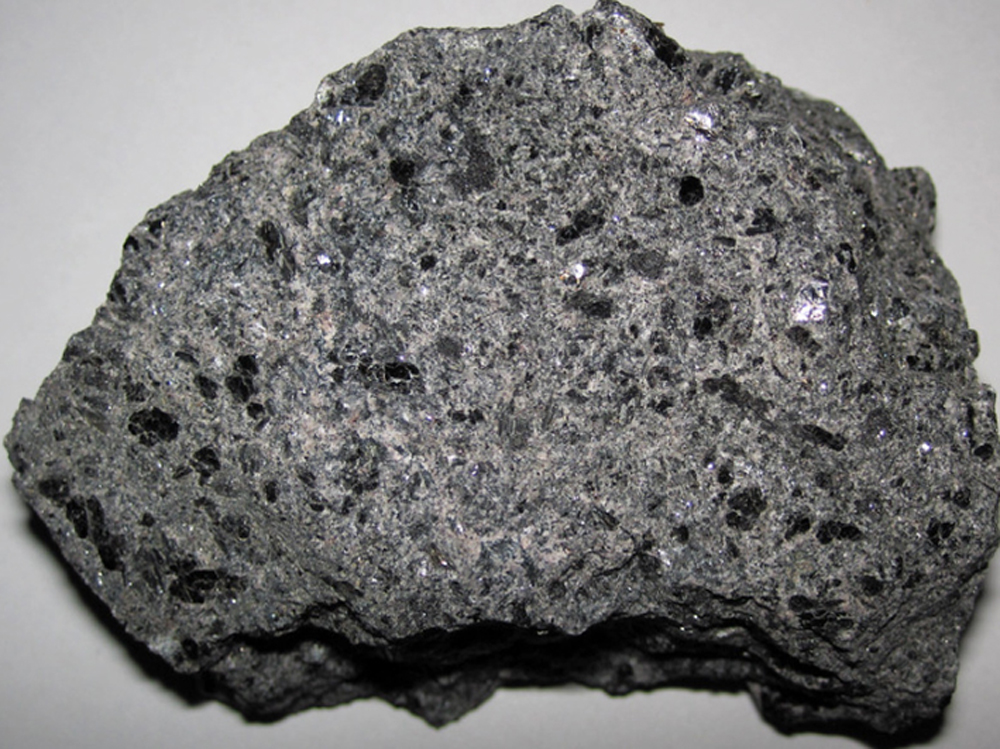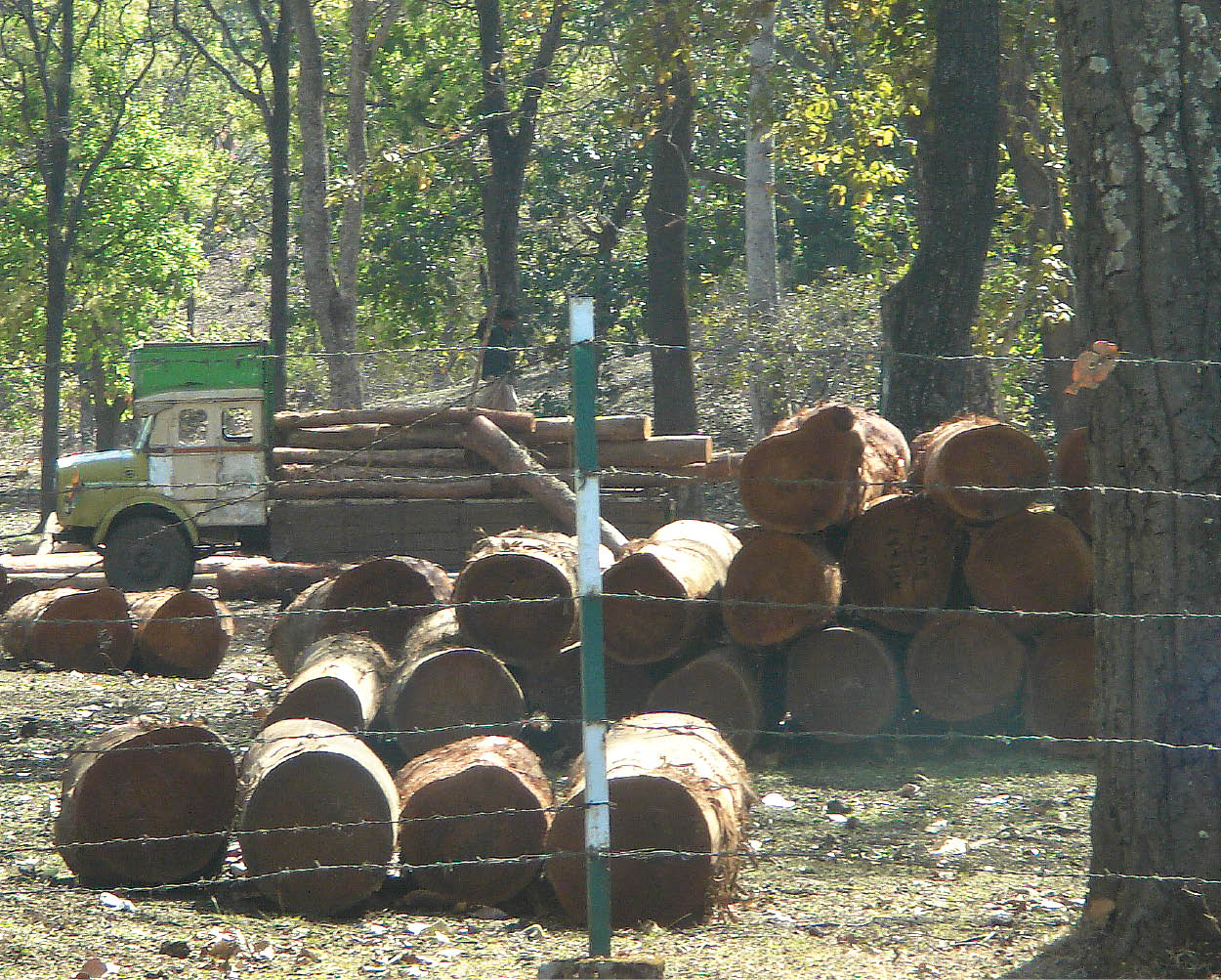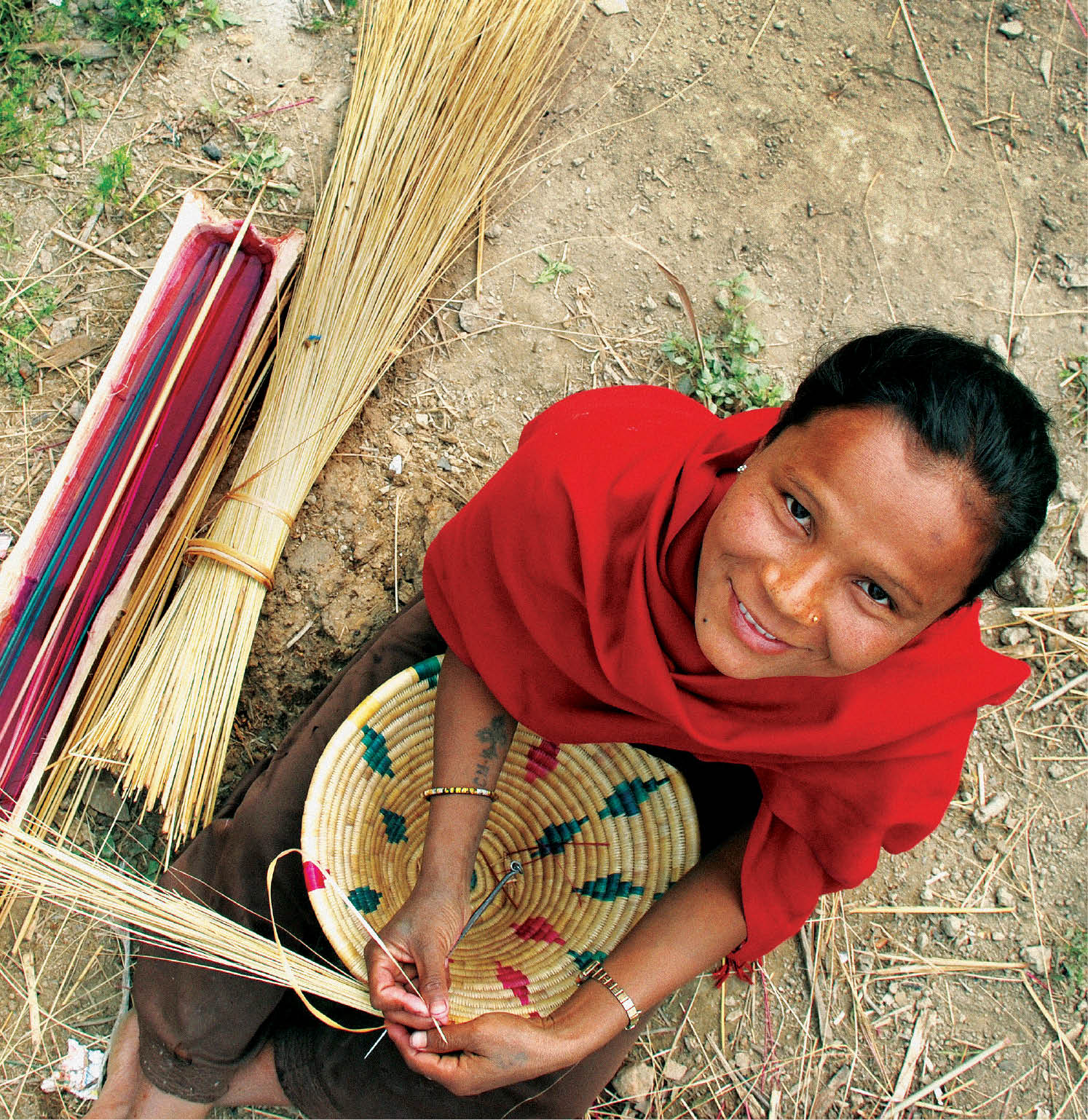Biodiversity Degradation in the Western Ghats



India is set to embark on a new chapter in its Polar exploration journey with the construction of Maitri II. The Indian government plans to establish a new research station near the existing Maitri ba...
.png )
The Deep Ocean Mission (DOM), approved by the Government of India in 2021 under the Ministry of Earth Sciences (MoES), represents a strategic step in realizing Sustainable Development Goal 14 (SDG 14:...

China recently announced restrictions on the export of seven rare earth elements (REEs), soon after US President Donald Trump decided to impose tariffs. As the world's dominant supplier—responsible fo...
Land use changes related to agriculture and other developmental activities along with intensive harvesting of non timber forest products have led to loss of forests, grasslands and biodiversity in the...
With less than 4 percent of the earth protected, and more and more of the world’s biomes being damaged or disappearing, it is essential that what remains is conserved.
Tharu women, inhabiting the Valley of Don in the Valmiki Tiger Reserve, present a unique blend of tradition and progress worth emulating.
The Valmiki is the only Tiger Reserve in the State of Bihar covering 840 km2. For management purposes the forest is divided into two broad divisions, which is further divided into six ranges. The core...
Land use changes related to agriculture and other developmental activities along with intensive harvesting of non timber forest products have led to loss of forests, grasslands and biodiversity in the Western Ghats. Although some of these activities contribute significantly to local household incomes, non sustainable resource extraction can be deleterious.

With less than 4 percent of the earth protected, and more and more of the world’s biomes being damaged or disappearing, it is essential that what remains is conserved.

Tharu women, inhabiting the Valley of Don in the Valmiki Tiger Reserve, present a unique blend of tradition and progress worth emulating.
